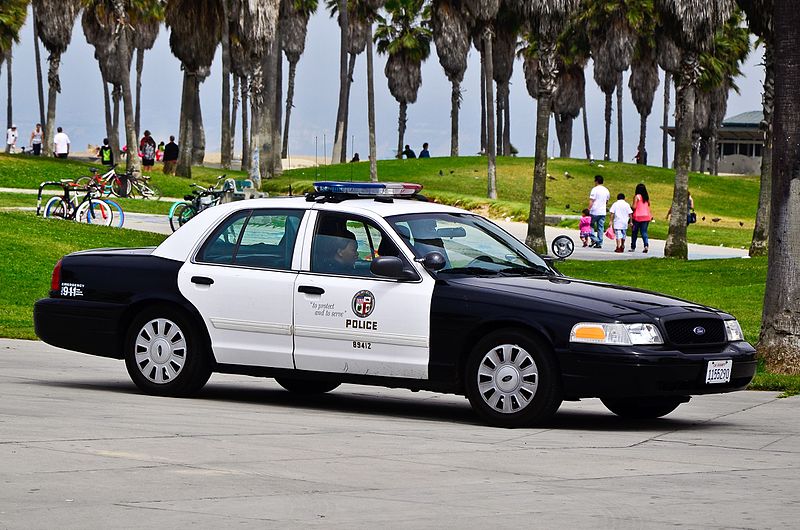Women remain underrepresented among the higher ranks of the Los Angeles Police Department, according to an LAPD report discussed Tuesday at the Board of Police Commissioners meeting.
Female officers accounted for over one fifth of the 770 promotions since 2018, exceeding the 18% mark of female officers in the department.
But just 13.1% of captains and commanders in the LAPD are women, down from 18.9% last year. The percentage of women in the department overall has remained around 18% since 2018, according to the LAPD’s data.
Since last year, 73% of eligible female officers received promotions to captain compared to 53% of men. But only 11 female officers were eligible compared to 59 male officers. For the position of commander, just three female officers were eligible compared to 25 men.
Commissioners expressed concern that the data also didn’t indicate the difficulties women may face in trying to get promoted.
“My concern is there’s a definite chasm between the data and what women on the department are saying,” Commissioner Maria Lou Calanche said. “As I go out there to divisions or talk to officers on all different ranks, it seems like there’s like a morale issue or a belief that if they’re women, that you won’t get promoted.”
In the report, Police Chief Michel Moore said that while data indicates an increase in the promotion rate for women over the last four years, “what cannot be determined from the data are the underlying reasons for the observed historical underrepresentation of female personnel in high-ranking positions. Statistics alone cannot speak to the societal, environmental or structural factors women may feel hinder their ability to successfully pursue leadership positions within the department. Nor do the numbers reflect the meritocracy that is a necessary part of the promotion process.”
Ruby Flores, the LAPD’s Diversity, Equity and Inclusion Officer, said during the meeting that there can be a “confidence gap” between men and women in seeking promotions.
“Some of these positions, women may just not be interested in,” Flores said. “That’s the reality. But for those that are, they may be thinking about it, or they are hesitant. Those are the women we need to support and to push.”
Moore said he recently had a conversation with a female officer about applying for a promotion. She told him she hadn’t applied yet because she felt she didn’t have enough experience after five years on the job.
“We are looking and mindful that there are glass ceilings in this organization by culture,” Moore said. “There’s no organization that doesn’t have them. Our issue is to find them and get rid of them. And understand what the circumstances are of how they’re created or reinforced.”







